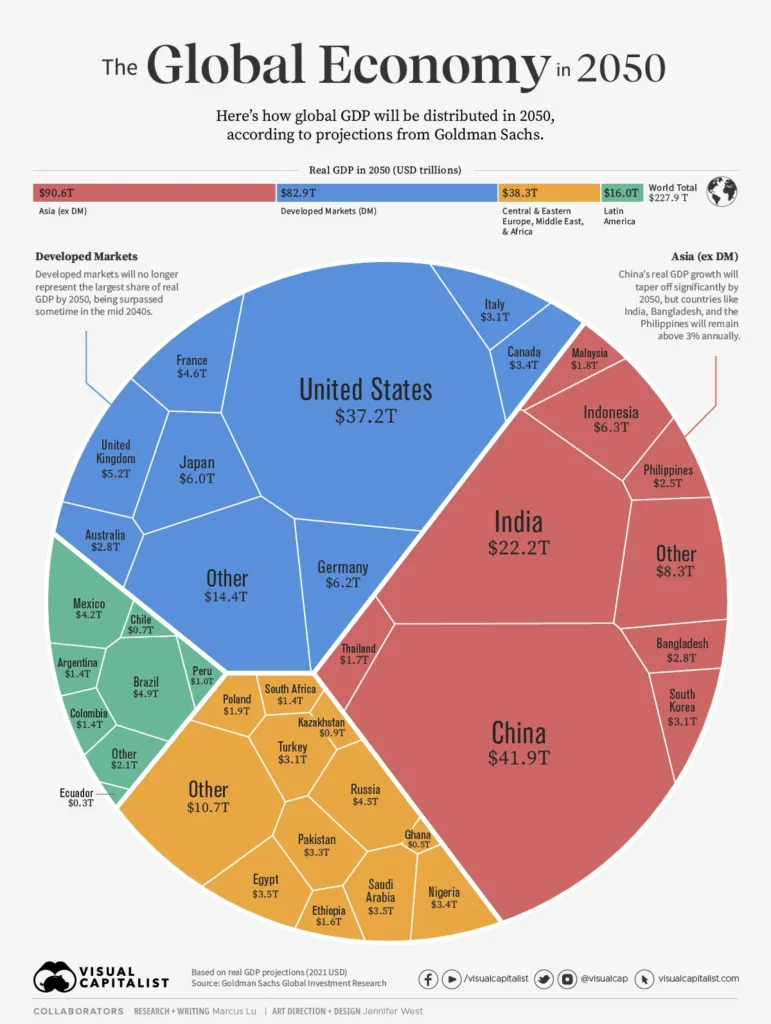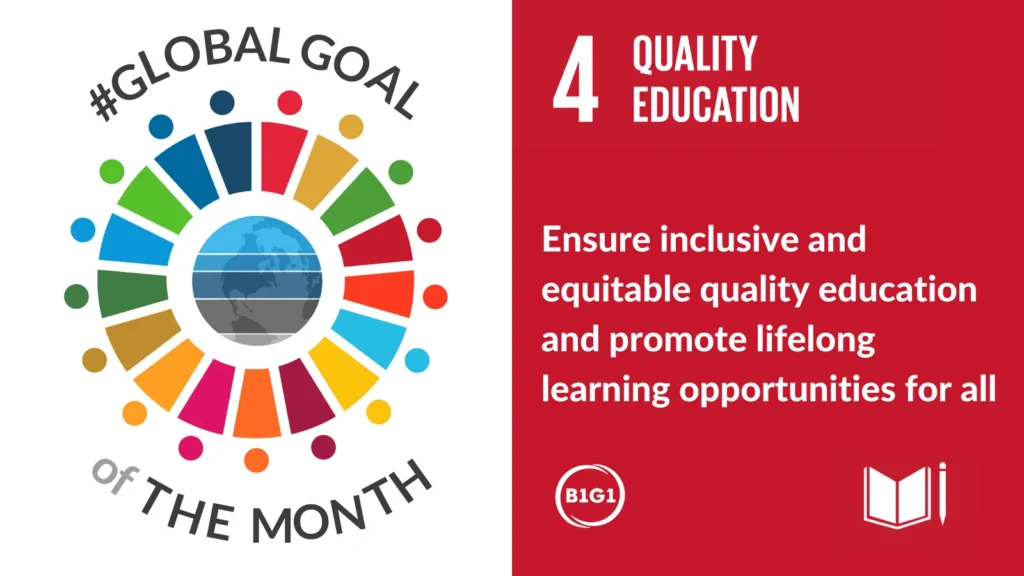The landscape of employment is undergoing a profound transformation, driven by the forces of globalization. In this article, we will delve into “The Future Of Work: How Globalization Is Changing Job Markets,” exploring the intricate ways in which interconnected economies are reshaping job opportunities and workforce dynamics. As businesses expand their reach across borders, the implications for job seekers and employers alike are significant, making it essential to understand these changes.
As we navigate through this discussion, you will uncover the key trends that are defining the future of work, including the rise of remote work, the gig economy, and the increasing demand for digital skills. We will also examine the challenges that come with these shifts, such as job displacement and the need for continuous learning. By understanding these elements, you will be better equipped to adapt to the evolving job market and seize new opportunities that arise from globalization.
Furthermore, we will highlight the importance of cultural adaptability and the role of technology in facilitating this global workforce. Whether you are a job seeker, an employer, or simply curious about the future of work, this article promises to provide valuable insights and practical advice. So, stay with us as we explore how globalization is not just changing job markets, but also redefining the very nature of work itself.
The Rise of Remote Work
The COVID-19 pandemic accelerated the trend of remote work, a shift that has become a permanent fixture in many industries. Globalization has enabled companies to tap into a diverse talent pool, allowing them to hire employees from different geographical locations. This flexibility not only reduces operational costs but also enhances productivity as employees can work in environments that suit them best.
As organizations embrace remote work, they are also adopting new technologies to facilitate collaboration and communication. Tools like Zoom, Slack, and Asana have become essential for managing teams spread across various time zones. This shift has led to a more inclusive work culture, where companies can benefit from diverse perspectives and ideas, ultimately driving innovation.
The Gig Economy and Freelancing
The gig economy has gained significant traction due to globalization, with platforms like Upwork and Fiverr connecting freelancers with clients worldwide. This model allows individuals to work on a project basis, offering them the freedom to choose their clients and projects. As a result, many professionals are opting for freelance work over traditional employment, seeking greater autonomy and work-life balance.
However, this shift also presents challenges, such as job security and benefits. Freelancers often lack access to health insurance, retirement plans, and other benefits typically provided by employers. As the gig economy continues to grow, there is an increasing need for policies that protect gig workers and ensure fair compensation.
Skills for the Future: Adapting to Change
Globalization is reshaping job markets, necessitating a shift in the skills required for success. As industries evolve, workers must adapt by acquiring new skills, particularly in technology and digital literacy. Employers are increasingly seeking candidates who can navigate complex digital environments and leverage data analytics to drive decision-making.
To remain competitive, individuals must engage in lifelong learning and upskilling. Online courses, workshops, and certifications are becoming essential for professionals looking to enhance their skill sets. Companies are also investing in employee training programs to ensure their workforce is equipped to meet the demands of a rapidly changing job market.
The Impact of Automation and AI
Automation and artificial intelligence (AI) are transforming job markets globally, leading to both opportunities and challenges. While these technologies can enhance efficiency and reduce costs, they also pose a threat to certain job categories, particularly those involving repetitive tasks. As a result, workers in these roles may need to transition to more complex positions that require critical thinking and creativity.
To mitigate the impact of automation, businesses must focus on reskilling their employees and fostering a culture of adaptability. By embracing technology and integrating it into their operations, companies can create new job opportunities that leverage human skills alongside automated processes.
Global Talent Mobility and Migration Trends
Globalization has facilitated the movement of talent across borders, leading to increased competition in job markets. Skilled professionals are more willing to relocate for better opportunities, resulting in a more dynamic workforce. This trend not only benefits employers seeking specialized skills but also enriches local economies with diverse talent.
However, immigration policies and regulations can significantly impact global talent mobility. Countries that adopt more inclusive policies may attract a larger pool of skilled workers, while restrictive measures can hinder economic growth. As businesses navigate these complexities, they must remain agile and responsive to changes in immigration laws and workforce dynamics.
| Aspect | Description |
|---|---|
| Globalization Overview | Globalization refers to the interconnectedness of economies, cultures, and populations across the globe, driven by trade, investment, and technology. |
| Impact on Job Markets | Globalization has led to the creation of new job opportunities in emerging markets while simultaneously causing job displacement in developed countries due to outsourcing and automation. |
| Remote Work | The rise of remote work has been accelerated by globalization, allowing companies to hire talent from anywhere in the world, thus increasing competition and flexibility. |
| Skill Requirements | As job markets evolve, there is a growing demand for skills in technology, communication, and adaptability, necessitating continuous learning and upskilling. |
| Economic Disparities | Globalization can exacerbate economic disparities, as wealth and job opportunities may concentrate in certain regions, leaving others behind. |
| Future Trends | Future job markets will likely see an increase in gig and freelance work, a focus on sustainability, and the integration of artificial intelligence in various sectors. |
| Policy Implications | Governments and organizations must adapt policies to support workforce transitions, protect workers’ rights, and promote equitable growth in a globalized economy. |



